CLONAZEPAM DISINTEGRATING TABLET - ORAL
PHONETIC PRONUNCIATION: (klo-NAY-zeh-pam)
COMMON BRAND NAME(S): Klonopin
GENERIC NAME(S): clonazepam
Uses
USES: Clonazepam is used to prevent and control seizures. This medication is known as an anticonvulsant or antiepileptic drug. It is also used to treat panic attacks. Clonazepam works by calming your brain and nerves. It belongs to a class of drugs called benzodiazepines.
How to use CLONAZEPAM DISINTEGRATING TABLET - ORAL
HOW TO USE: Read the Medication Guide provided by your pharmacist before you start taking clonazepam and each time you get a refill. If you have any questions, ask your doctor or pharmacist. Take this medication by mouth as directed by your doctor, usually 2 or 3 times daily. Do not remove the tablet from its pouch until you are ready to take it. Dry your hands before handling the medication. Open the pouch and peel back the foil layer. Do not push the tablet through the foil because it may get damaged. Place the dose in your mouth where it will quickly dissolve. You can then swallow it with saliva or water. You do not need to take this medication with water. Dosage is based on your medical condition, age, and response to treatment. For children, the dose is also based on weight. Older adults usually start with a lower dose to decrease the risk of side effects. Do not increase your dose, take it more often, or take it for a longer time than directed. Take this medication regularly to get the most benefit from it. To help you remember, take it at the same times each day. Do not stop taking this medication without consulting your doctor. Some conditions may become worse when this drug is suddenly stopped. Your dose may need to be gradually decreased. This medication may cause withdrawal reactions, especially if it has been used regularly for a long time or in high doses. In such cases, withdrawal symptoms (such as seizures, mental/mood changes, shaking, stomach/muscle cramps) may occur if you suddenly stop using this medication. To prevent withdrawal reactions, your doctor may reduce your dose gradually. Consult your doctor or pharmacist for more details, and report any withdrawal reactions right away. When this medication is used for a long time, it may not work as well. Talk with your doctor if this medication stops working well. Though it helps many people, this medication may sometimes cause addiction. This risk may be higher if you have a substance use disorder (such as overuse of or addiction to drugs/alcohol). Take this medication exactly as prescribed to lower the risk of addiction. Ask your doctor or pharmacist for more details. If you have several different types of seizure disorders, you may experience a worsening of seizures when you first start using clonazepam. Consult your doctor right away if this happens. Your doctor may need to add or adjust the dose of your other medications to control the seizures. Tell your doctor if your condition persists or worsens.
Side Effects
Precautions
Interactions
Overdose
Images
Reviews
Faq for CLONAZEPAM DISINTEGRATING TABLET - ORAL
Clonazepam Disintegrating Tablet is used to treat certain types of seizures and panic disorder.
Clonazepam Disintegrating Tablet works by calming the brain and nerves, which helps in reducing seizure activity and panic attacks.
The dosage of Clonazepam Disintegrating Tablet varies depending on the individual's condition and medical history. It is important to follow the prescribed dosage by the healthcare professional.
Clonazepam Disintegrating Tablet should be placed on the tongue, where it will dissolve quickly without the need for water. It is important not to chew or swallow the tablet whole.
Common side effects of Clonazepam Disintegrating Tablet may include drowsiness, dizziness, fatigue, loss of coordination, blurred vision, and increased saliva production. It is important to inform your doctor if any of these side effects persist or worsen.
Clonazepam Disintegrating Tablet has the potential to be habit-forming if used for a long time or in higher doses than prescribed. It is essential to follow the prescribed dosage and duration of treatment to minimize the risk of dependence or addiction.
It is important to inform your healthcare provider about any allergies, medical conditions, or medications you are taking before using Clonazepam Disintegrating Tablet. It may interact with certain medications and cause adverse effects. Avoid alcohol consumption while taking this medication, as it can increase the sedative effects.
Clonazepam Disintegrating Tablet should only be used during pregnancy if the potential benefits outweigh the risks. It is not recommended to use this medication while breastfeeding, as it can pass into breast milk and harm the baby.
If you miss a dose, take it as soon as you remember. However, if it is close to the next scheduled dose, skip the missed dose and continue with the regular dosing schedule. Do not double the dose to catch up.
Warning
WARNING: Taking clonazepam with opioid medications (such as codeine, hydrocodone) may increase your risk of very serious side effects, including death. To lower your risk, your doctor should have you take the smallest dose of clonazepam that works, and take it for the shortest possible time. Get medical help right away if any of these very serious side effects occur: slow/shallow breathing, unusual lightheadedness, severe drowsiness/dizziness, difficulty waking up.
Disclaimer
IMPORTANT: HOW TO USE THIS INFORMATION: This is a summary and does NOT have all possible information about this product. This information does not assure that this product is safe, effective, or appropriate for you. This information is not individual medical advice and does not substitute for the advice of your health care professional. Always ask your health care professional for complete information about this product and your specific health needs.
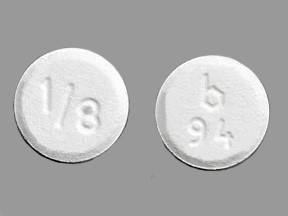
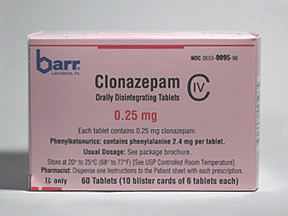
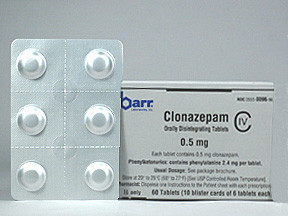
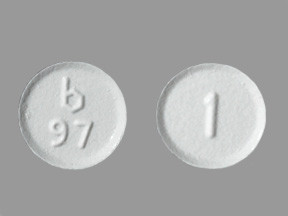
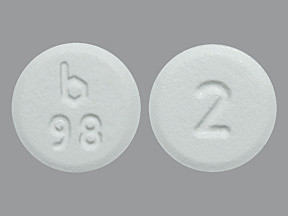
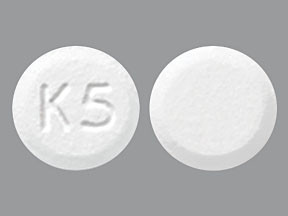
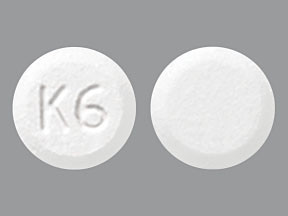
No Reviews Yet